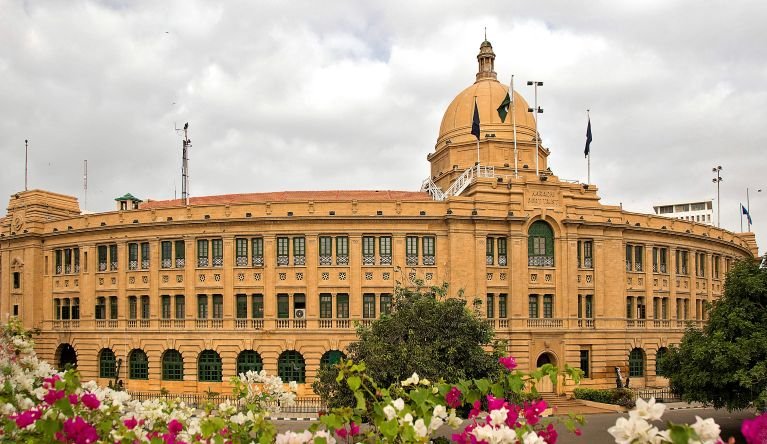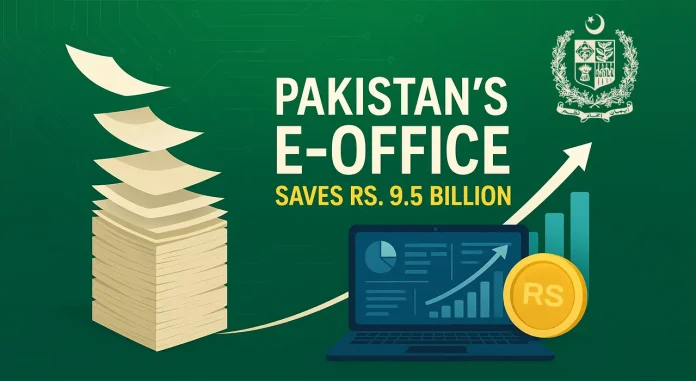By Dr Ahtisham Ul Hassan
In a world increasingly concerned with sustainability and economic empowerment, Elli Takagaki & Imran Shauket`s “Paper Miracles” stands out as a beacon of hope and innovation. Established in 2012, the project was born when Elli and Imran encountered a woman who had suffered partial paralysis in the devastating 2005 Kashmir earthquake and had been abandoned to be raised in an orphanage. This meeting ignited a passion in Elli Takagaki to support women in achieving economic independence through creative means.
Takagaki’s efforts were recently showcased at a workshop hosted at Miracles Office on May 5, 2024. The event, designed for students from the Islamabad Japanese School, saw participation from 15 individuals, including nine children and six teachers. The primary aim of this workshop was to introduce the students to the innovative practices of “Paper Miracles” and to demonstrate how waste materials can be transformed into valuable and beautiful items.
During the workshop, Takagaki explained the core concept of “Paper Miracles”: recycling waste paper into jewelry such as necklaces, beads, and bracelets. The students were given hands-on experience in crafting these accessories, learning about the environmental and economic impact of such initiatives.
In addition to paper recycling, Takagaki has expanded the scope of her project to include the recycling of plastic waste into practical items called “Plastic Miracles”. One of the standout products from this initiative is the “Miracle Bag,” crafted from discarded plastic banners. These bags not only prevent plastic waste from ending up in landfills but also offer a durable and stylish alternative to traditional bags. Other items include Tote- bags, raincoats for children, seating cushions etc. Students also became familiar with another initiative, “Sunny Miracles” which was also launched by Elli and Imran to utilize solar energy for growing and processing dry fruits and vegetables at the grassroots level. This, in turn, engages the women of farming households in a productive activity, leading to higher income generation for them, while also providing a long-term source of nutrition for their families and reducing post-harvest losses.
The workshop at the Islamabad Rotary Office highlighted the importance of innovation in sustainability and empowerment. By engaging young students in these activities, Takagaki hopes to inspire the next generation to think creatively about waste management and to understand the power of small actions in making a significant difference.
Paper Miracles: Transforming Waste into Hope and Independence





